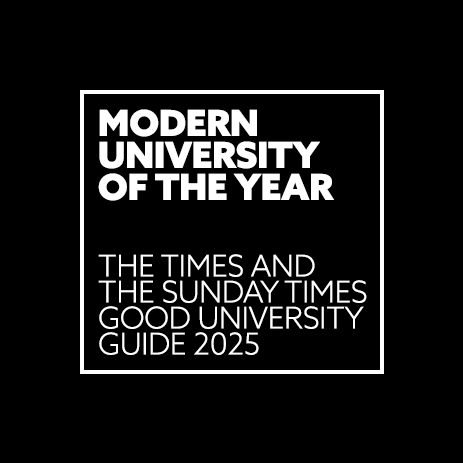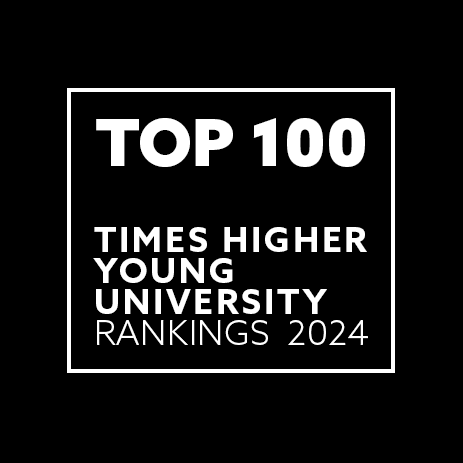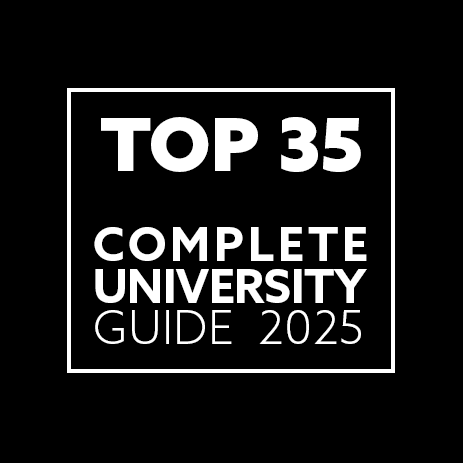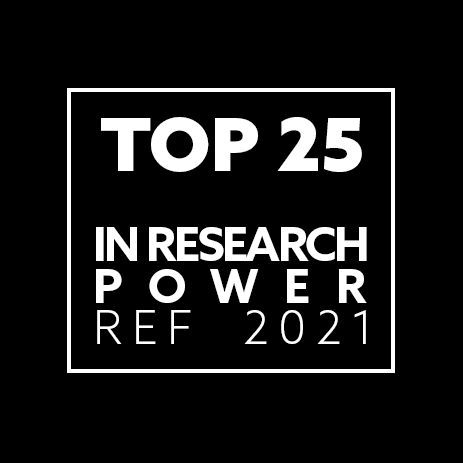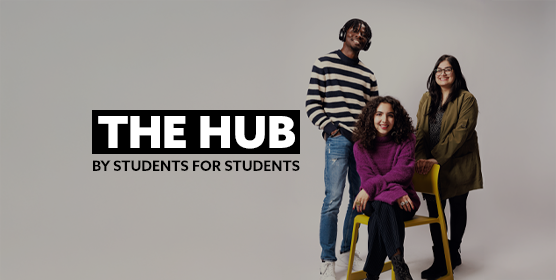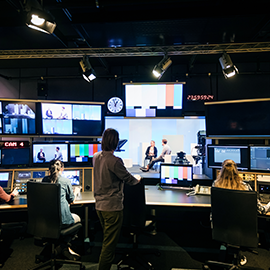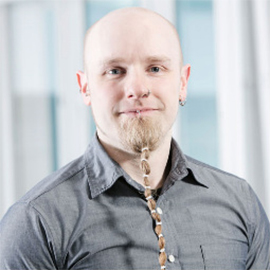Understanding media and communication – from creator to consumer.
BA (Hons) Media and Communication is an innovative media-based degree course that allows you to develop specialist knowledge of the concepts, ideas, practices and methods that characterise contemporary media, communication, and cultural studies. The course offers you a carefully considered mix of theory-led and hands-on learning through research-based projects, giving you a well-rounded learning experience, and equipping you with the skills you’ll need for employment.
You will:
- Critically explore the latest research surrounding the social, political, and technological issues that shape our daily lives.
- Learn about the latest technological developments that shape contemporary media industries.
- Develop skills that will equip you to work in relevant industries or to continue to postgraduate study (the course has an embedded Employability Portfolio module to help position you in an industry of your choosing post-graduation).
The teaching team is made up of research-active experts, and industry professionals who bring a wealth of experience. This combination is brought to life in our modules, which encourage students to produce dynamic academic work, and to create exciting and impactful public-facing outputs. Indeed, the teaching team's research actively changes the world around us via research papers in leading journals, books, audio-visual outputs, and impact and policy work.
Our graduates understand how media technologies and representations shape our lives, and how communication can be used to affect change in the world.
Why choose Northumbria to study Media and Communication?
Taking on Tomorrow – This course is contemporary, future-facing, and critically rigorous, preparing you to make positive impact in the world.
Research Powerhouse – Art and Design at Northumbria is ranked 4th in the UK for research power (REF, 2021).
Top Learning Resources – Media Studies at Northumbria is ranked 4th in the UK for Learning Resources (NSS, 2025).
See other similar courses you may be interested in: BA Film or BA Theatre and Performance
Your Learning Experience
This course is delivered through a mix of classroom and studio-based learning, with engagement with the cultural centres in the region available to further enhance your learning.
Your modules will be taught through lectures, seminars, practical sessions, workshops, and fieldtrips. Meanwhile, you’ll be assessed using a range of methods including practice-based submissions, essays, and presentations.
Before your final year, you can extend your studies, either taking an additional placement year or even taking a year to study abroad in the likes of mainland Europe or North America.
In your final year, you will embark on a Dissertation or Practical Media Research Project which is an opportunity to focus on what interests you most while developing your portfolio and academic skills.
How does this course enhance my employability?
From the very start of your studies, you are supported as you begin to develop transferable skills, such as critical thinking, communication, team working, and confidence.
As your studies progress, you’ll then hone these skills to more industry-specific proficiencies. On the course, you’ll learn how to use industry-standard video/sound editing software, identify the key elements of media writing, and understand the planning and production required in research, design, storytelling, presentation, content production, and the application of theory.
An invaluable opportunity for first-hand employability skills is the chance to embark on an industry placement during your third year. Here you will be immersed in the industry, getting to grips with exactly how your knowledge can be applied, and gaining confidence, professionalism, and skills which will stay with you for life.
Many modules have been specifically designed to enhance your employability and encourage you to consider how your interests align with potential future career routes after graduation. As well as, in the final year module, ‘Employability Portfolio’, you will generate a digital portfolio that you can take to interviews after graduation, and a ‘location’ statement explaining how your portfolio illustrates the knowledge and skills you can offer employers.
 Option for Placement Year
Option for Placement Year Option for Study Abroad
Option for Study Abroad

